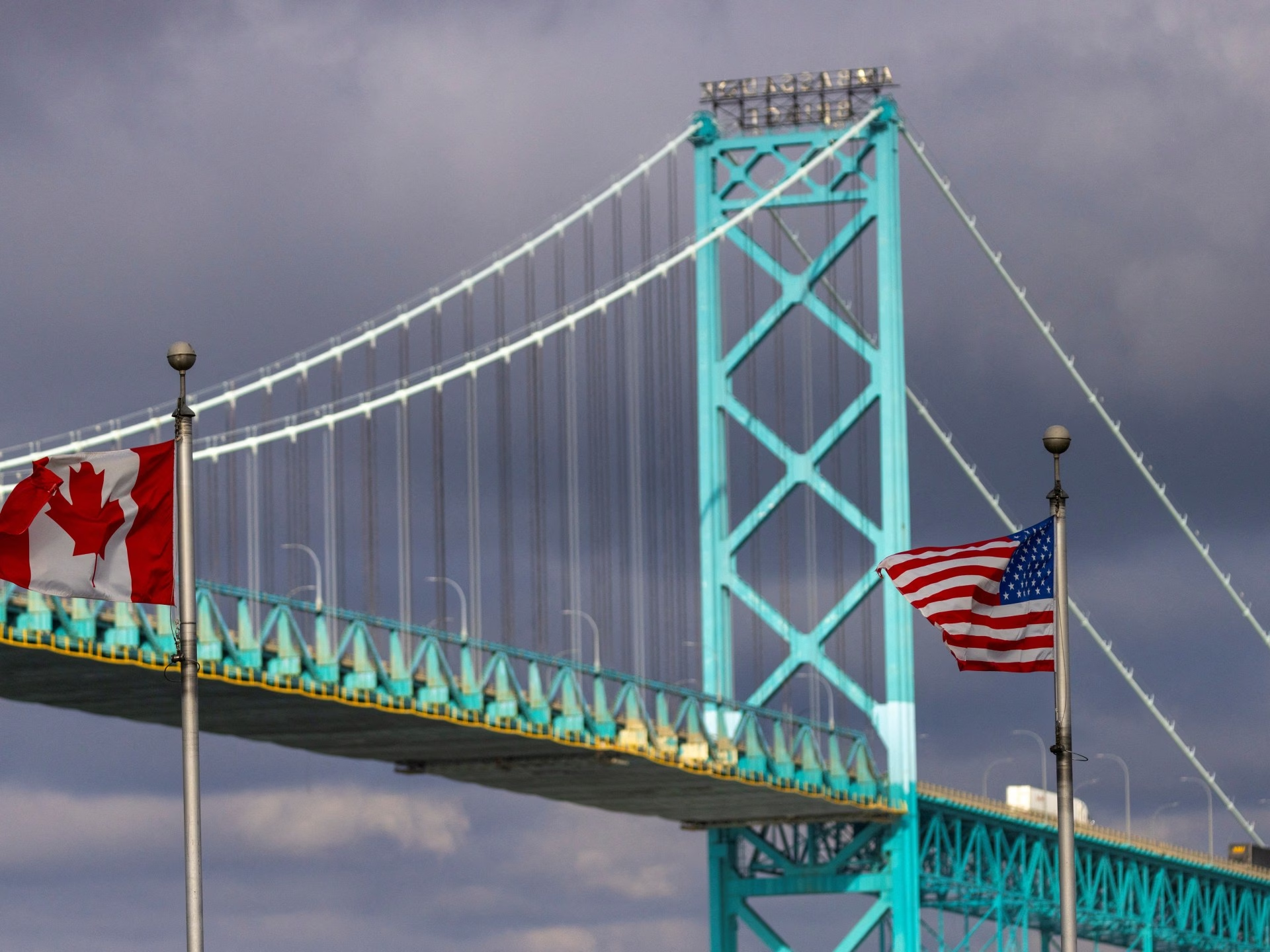For many in Canada, a thrilling ice hockey game became a delightful escape from the harshness of winter, while providing a much-needed psychological boost for the nation. After Canada’s top hockey players triumphed over the USA’s best team in overtime, coach Jon Cooper remarked that the country was in dire need of such a victory. The reasons for this were clear to the millions of Canadians who celebrated the win, as they had spent weeks enduring the belittling words and threats from US President Donald Trump, who viewed Canada as a potential 51st state and derided Prime Minister Justin Trudeau as its “governor.” This led to a resurgence of Canadian pride and concern for the nation’s future.
However, analysts and corporate columnists, referred to as having the foresight of Mr. Magoo, were previously dismissive of warnings in the 20th century about the risks of closer economic ties with the US in the 21st century. Despite Canada’s so-called “intelligentsia” now advocating for buying Canadian and other measures to reduce dependency on the US, this is a reversal from the stance held since the early 1980s, when elites actively supported the incremental integration of Canada through free trade and other policies, ultimately favoring a closer economic, cultural, and military alignment with the US.
Doug Ford, the Premier of Ontario, epitomizes this hypocrisy, as he initially supported Trump’s return to power. As a political science student in the early 1980s at the University of Toronto, the author was a research assistant for Stephen Clarkson, a Canadian political economist who warned about Canada’s diminishing sovereignty with the proposed free trade agreement between Ottawa and Washington under US President Ronald Reagan, published in Clarkson’s book “Canada and the Reagan Challenge” in 1982.
At the time, Clarkson’s warnings were dismissed by proponents of free trade as outdated nationalism. With the 1988 free-trade agreement between Brian Mulroney and Ronald Reagan, which was celebrated as a triumph of commerce over national identity, Mulroney claimed that the deal could be easily canceled—a claim disputed by then Liberal leader John Turner. However, subsequent Liberal prime ministers also embraced the agreement, and the Free Trade Agreement became the North American Free Trade Agreement (NAFTA) with Mexico joining.
Now, in 2025, Clarkson’s predictions have proven correct, with an aggressive US president seeming to contemplate Canada’s economic annexation. His previous critics are ironically now adopting his recommendations, although they’re much too late. This shift highlights how Canada’s leadership has culminated in a situation where it has effectively become America’s willing vassal, raising concerns about its autonomy and future.
Source: https://www.aljazeera.com/opinions/2025/2/26/canada-already-is-americas-51st-state?traffic_source=rss







